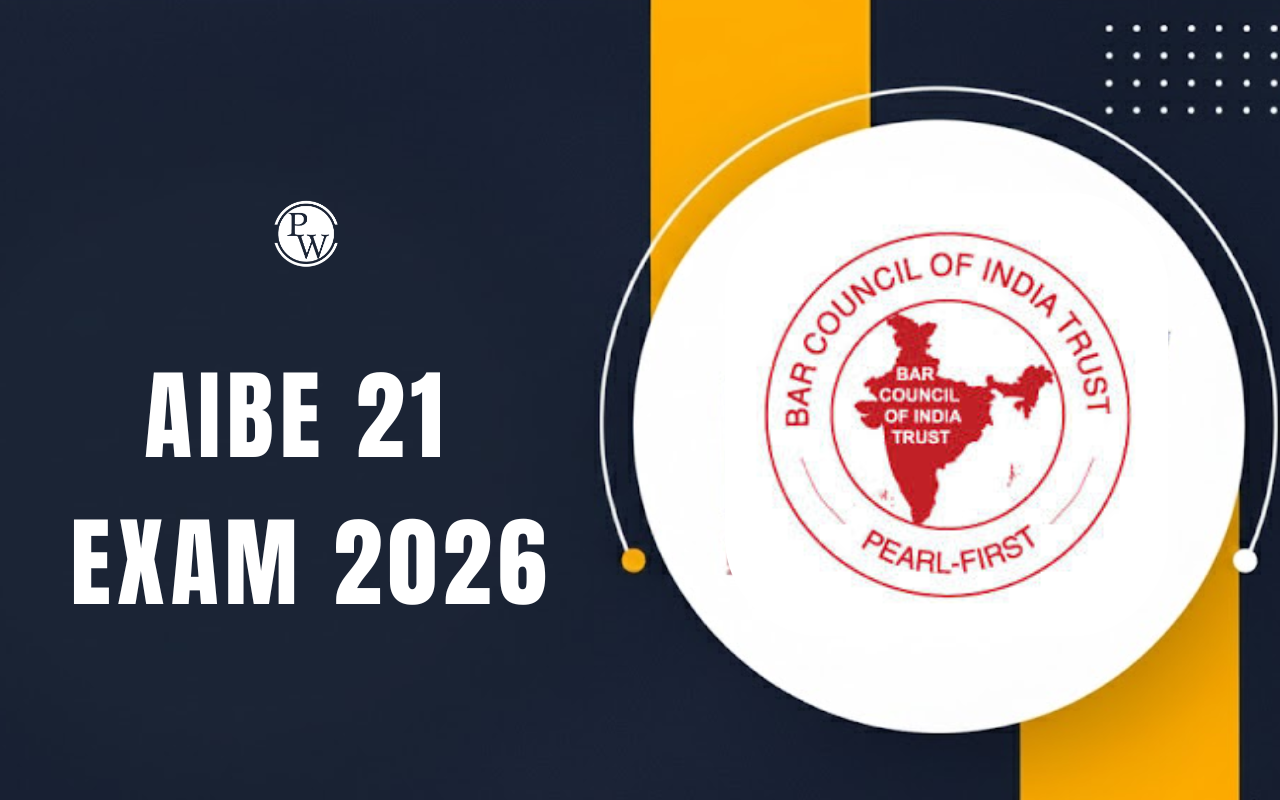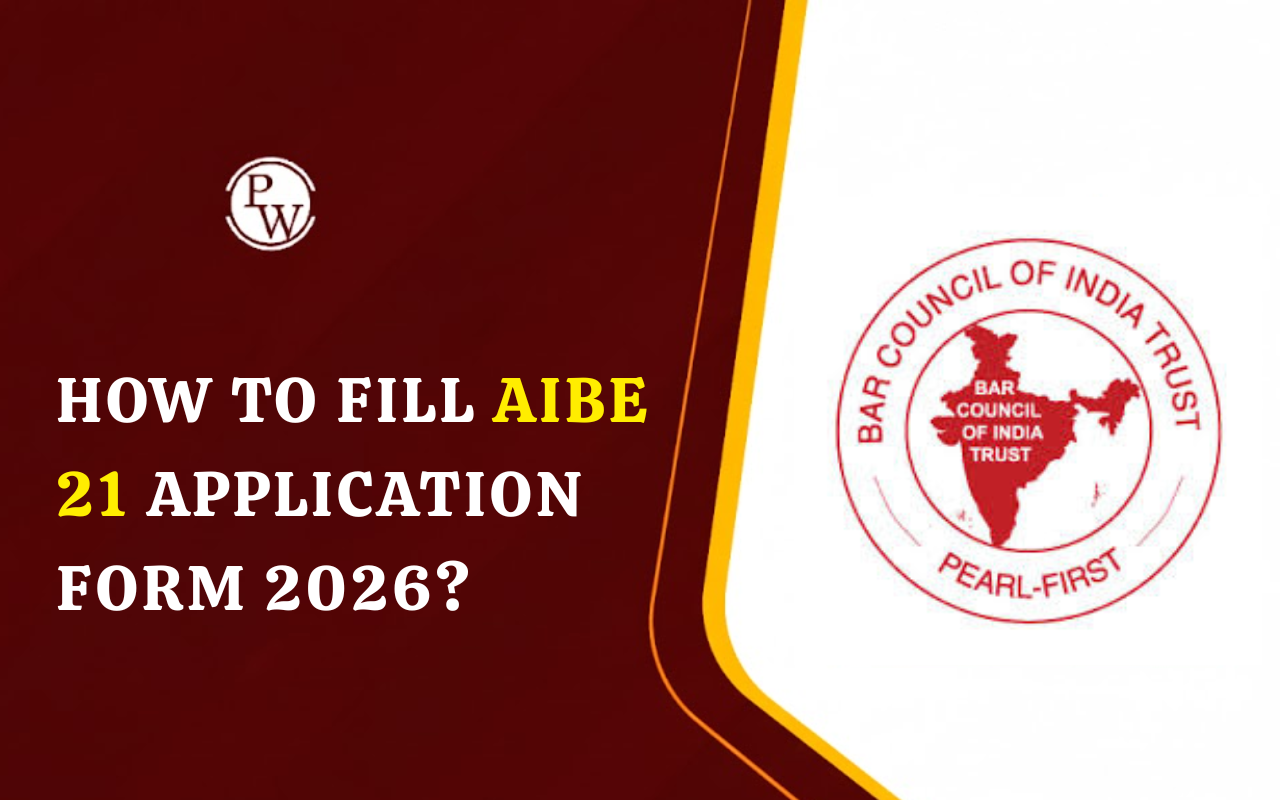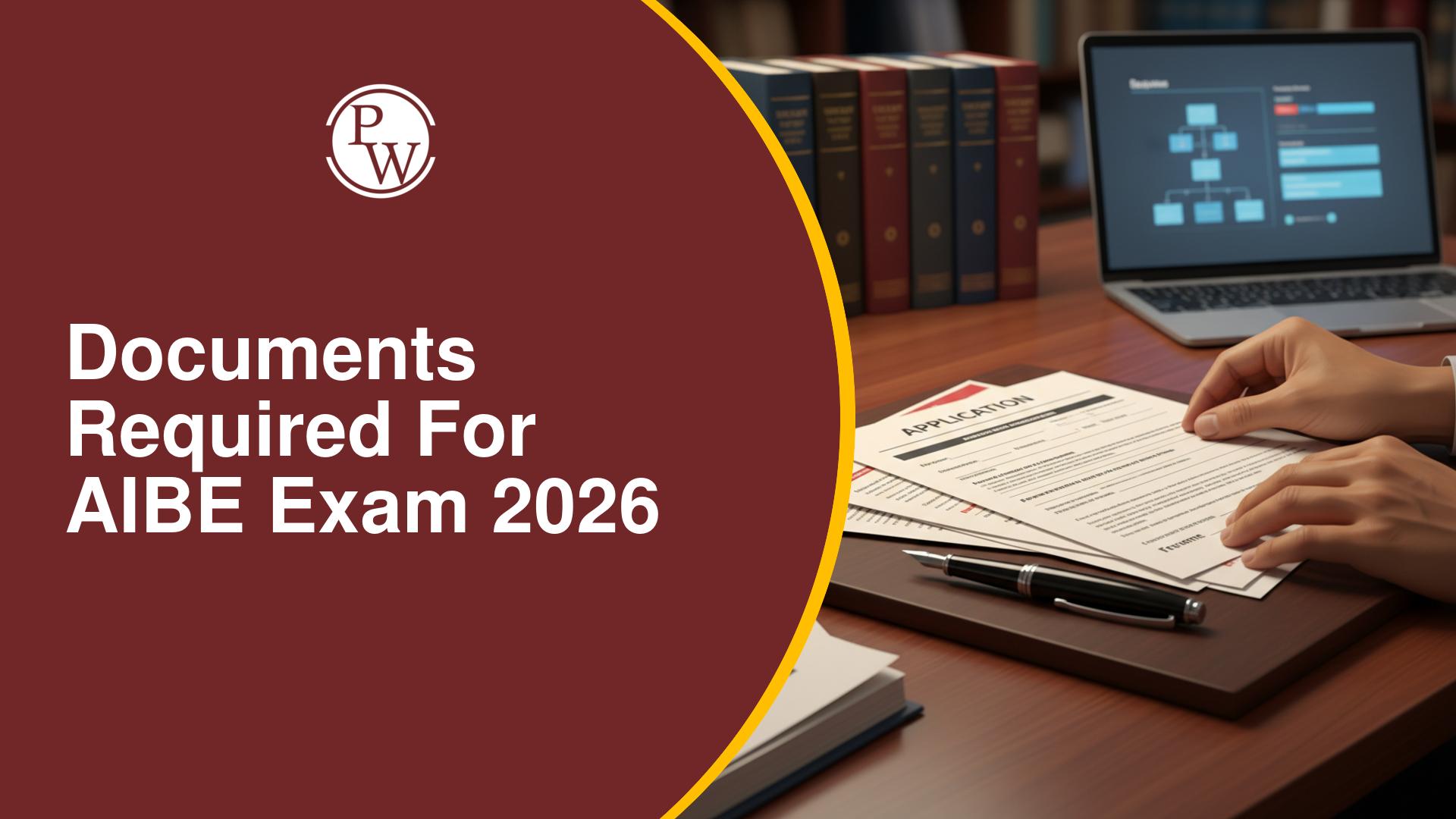
AIBE 20 Constitutional Law 2025 is a part of the All India Bar Examination. It checks whether law graduates understand the Constitution and can apply it in real legal situations. There are ten questions in this section. These questions generally make up 10% of the total marks as per exam trends.
To clear this exam, candidates should know the main rules of the Constitution, fundamental rights, emergency laws, and how the government works. Learning constitutional law helps candidates to be aware of handling legal cases confidently.
What is Constitutional Law?
Constitutional Law is the part of law that deals with the rules and principles in the Constitution of India. It explains how the government works, the powers of the President, Parliament, and courts, and the rights of citizens. This law ensures that all government actions follow the Constitution. Candidates who are studying Constitutional Law learn about fundamental rights, directive principles, emergency rules, and important court decisions that interpret the Constitution.
AIBE 20 Constitutional Law 2025 Overview
Constitutional Law section in AIBE 20 has ten multiple-choice questions. Students should answer them within the total exam time. These questions check knowledge of constitutional rules, government functions, and legal applications. The main areas include fundamental rights, directive principles, emergency provisions, judicial review, and the federal system.
Further, here are useful insights related to AIBE 20 Constitutional Law 2025:
|
AIBE 20 Constitutional Law 2025 Overview |
|
|---|---|
|
Feature |
Details |
|
Exam Name |
|
|
AIBE 20 Exam Date |
November 30, 2025 |
|
Conducting Body |
Bar Council of India (BCI) |
|
Exam Level |
National |
|
Topics Covered |
Salient Features of Constitution, Fundamental Rights, Directive Principles of State Policy, Emergency Provisions, Amendment Process, Judicial Review, Federal Structure, Landmark Judgments |
Note: This table provides candidates with the details of the Constitutional Law section in AIBE 20. It includes exam details, marks, and topics. Candidates can use it to plan their study schedule to clear the AIBE 20.
Important Governing Bodies in AIBE 2025 Constitutional Law
Several institutions manage the AIBE 20 exam and guide law practice. It is important for the candidates to learn about the governing bodies. Here are a few important names:
Bar Council of India (BCI)
The Bar Council of India is the top body for legal education and practice in India. It conducts the AIBE to check whether law graduates are ready to work in courts. It also sets rules for legal education and practice.
Supreme Court of India
The Supreme Court is the highest court in India. It explains the Constitution and makes important decisions. Many questions in Constitutional Law are based on Supreme Court judgments. Candidates should study key cases and understand the reasons behind the decisions.
High Courts
High Courts work in each state or union territory. They apply the Constitution to state matters. Their decisions show how the law works in real life. Students should read examples of important High Court cases.
Note: These bodies make rules, interpret laws, and influence questions in AIBE 20 Constitutional Law 2025.
Important Topics in AIBE 20 Constitutional Law 2025
Learning about the important topics can help candidates to prepare for AIBE 20. It can be a helpful step towards effective preparation for the upcoming examination. Candidates should study the following topics carefully:
1. Salient Features of the Constitution
Understand the structure, objectives, and guiding rules of the Constitution. Focus on the Preamble, division of powers, and government setup.
2. Fundamental Rights
Learn all rights under Articles 12 to 35. Study equality, freedom of speech, the right to life, and protection against discrimination. Know how courts apply these rights.
3. Directive Principles of State Policy
These guide the government in making laws and policies. They are not enforceable in court but influence governance. Learn the difference between fundamental rights and directive principles.
4. Emergency Provisions
Study national, state, and financial emergencies. Learn when they can be declared, their effects, and the rules that protect citizens.
5. Amendment Process
The Constitution can be changed under Article 368. Know how amendments are made and examples that affected rights or powers.
6. Judicial Review
Judicial review allows courts to check laws and government actions. Learn what courts can do, their limits, and how judicial review protects the Constitution.
7. Federal Structure
Know the division of powers between Union and state governments. Learn the Union List, State List, and Concurrent List. Understand how conflicts between state and central laws are solved.
8. Landmark Judgments
Study important Supreme Court and High Court cases. Examples include Kesavananda Bharati, Maneka Gandhi vs. Union of India, and Golak Nath vs. State of Punjab. Understand the facts, issues, and rulings.
Note: Covering these topics carefully helps candidates answer Constitutional Law questions confidently.
How to Prepare for AIBE 20 Constitutional Law 2025?
Students can follow a simple plan to study for the preparation of the exam. They should start by knowing the official syllabus for AIBE 20. Also, they should refer to standard books for preparation. Here are some quick preparation tips:
Step 1: Know the Syllabus
List all topics and plan study time for each. Cover all areas step by step to finish the AIBE 20 syllabus in time.
Step 2: Read Standard Books
The following books explain rules clearly and give case examples:
-
M.P. Jain’s Indian Constitutional Law
-
D.D. Basu’s Introduction to the Constitution of India
-
H.M. Seervai’s Constitutional Law of India
Step 3: Solve Previous Year Papers
Practice old papers to know the question type and exam pattern. It also helps students manage time during the exam.
Step 4: Read Important Judgments
Focus on Supreme Court and High Court cases. Learn the facts, issues, and judgments. Make short notes for revision.
Step 5: Take Mock Tests
Mock tests show weak areas and help students get used to exam timing. They also reduce stress on the exam day.
Step 6: Revise Regularly
Revision helps remember articles, cases, and rules. Students should make notes and revise weekly to keep information fresh.
Note: Following these steps helps students prepare well and answer Constitutional Law questions with confidence.
Explore the Judiciary Coaching 2025 to access essential resources for Judiciary exam preparation, including detailed insights and strategies. Dive into the Judiciary 2025 for structured courses and focused study plans designed to help aspirants excel in their exams.
AIBE 20 Constitutional Law 2025 FAQs
What is Constitutional Law in AIBE 20?
How to prepare for AIBE 20 Constitutional Law 2025?
What are the important topics in AIBE 20 Constitutional Law 2025?
Who conducts AIBE 20 Constitutional Law 2025?
How many questions are asked from Constitutional Law in AIBE 20?










